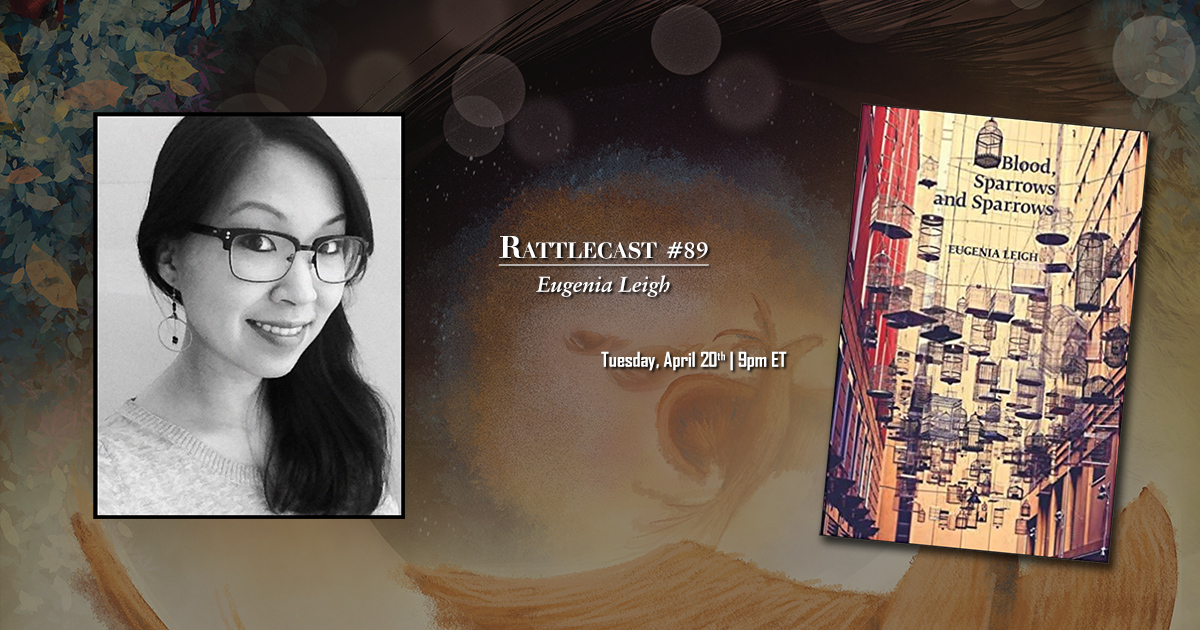May 7, 2021Undiagnosed
I’ve let a regular who tipped alright
fuck me. Standing. In someone else’s bathroom.
Macramé of silver grunions
manic on the sand.
When my father kidnapped us,
I didn’t want to go home. I wanted to be
feral. I wanted to test my luck.
Plane rides fall short of that first plane ride,
bookended by police. Men fail
to meet his standard of surprise. Three a.m. wakings
on school nights. Sometimes to whip us for imagined sins,
sometimes to dance.
I need to see the music
quaking in the furniture. Chair legs jittering, cheap wood
threatening to split.
I took my first steps outside this country with a herd
of church kids on my nineteenth birthday. I convinced them
to drive to Tijuana. That’s how I found the one
I bribed to drag the virgin out of me.
Before I tried to kill him, I saw ten nameless angels
bungling about his dorm. His roommate
(Emmanuel) was never there. Then
the torment set in. I wouldn’t leave my top bunk for weeks.
It’s possible they never loved me. They loved
what I made possible.
Low-hanging harvest moons swing
in swerving windshields. The tint of flushed
skin, biblically red.
We never saw my father sleep
when it was time to sleep. He wound around the house at night,
a broken or horrifying toy that wouldn’t shut off.
Or he slept for weeks.
I was the one who would risk
rousing him to check. Thirty years
I lived with the urge to run into traffic. And did.
Windows thrown open, floor-standing
rosewood speakers flooding our home with rock operas,
we couldn’t hear our voices.
That’s when we knew he was happy.
That’s when we knew we could breathe.

from #71 - Spring 2021